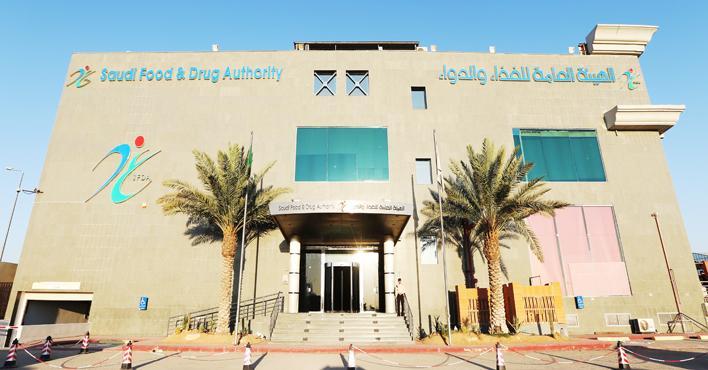In an effort to accelerate the adoption of blockchain and Web3 technology into the halal and sharia ecosystem, Glide Protocol has announced its collaboration with the Saudi Food and Drug Agency (SFDA). The main focus of this collaboration is the tokenization of the registration, validation, and certification processes for food and pharmaceutical products through the use of metadata in NFT ERC1155 edition. This initiative aims to enhance data security and prevent fraud and data manipulation.
Glide Protocol is an innovative initiative aimed at integrating blockchain and Web3 technology into the halal and sharia ecosystem. The vision of Glide Protocol is to create a more transparent, secure, and sharia-compliant ecosystem, particularly in industries related to food and pharmaceuticals.
Tokenization is the process by which physical assets or data are converted into digital tokens stored on a blockchain. In the context of Glide Protocol, tokenization is used for the registration, validation, and certification processes of food and pharmaceutical products. This is crucial as it helps create an immutable and transparent record of the entire product lifecycle, from production to the end consumer.
Glide Protocol utilizes metadata technology in the ERC1155 edition smart contract NFT to tokenize product data. ERC1155 is a token standard that allows the creation of multiple types of tokens within a single smart contract, making it highly efficient for various applications. By embedding metadata in NFTs, each food or pharmaceutical product can be registered, validated, and certified with complete and tamper-proof information.
One of the biggest challenges in the food and pharmaceutical industries is the risk of fraud and data manipulation. By implementing tokenization through Glide Protocol, all product-related information can be tracked and independently verified by relevant parties. This will significantly reduce the possibility of fraud, as any changes to product data must undergo a strict and transparent verification process.
In this collaboration, the public will be able to view data including the product name, registration time, registration process, validation process, and certification within the Glide Protocol layer 2 blockchain storage. All this data is encrypted and attached to the ERC1155 smart contract, which can be verified by all parties to ensure product authenticity.
The collaboration between Glide Protocol and SFDA is a strategic step in advancing halal and sharia standards in the food and pharmaceutical industries. SFDA will use the Glide Protocol platform to enhance efficiency and transparency in the regulatory and certification processes. This not only speeds up the process but also ensures that approved products meet strict and reliable standards.
Glide Protocol is not limited to the food and pharmaceutical industries; its long-term vision is to expand the use of tokenization to various other sectors within the halal and sharia ecosystem. As more entities join this ecosystem, Glide Protocol is expected to become a global standard for transparency and sharia compliance through blockchain.
Glide Protocol and its collaboration with SFDA represent a significant step toward a safer and more transparent future for the food and pharmaceutical industries, particularly in the halal and sharia context. By leveraging blockchain technology and NFT ERC1155, Glide Protocol aims to prevent fraud and maintain the integrity of product data, ultimately increasing consumer trust. This aligns with SFDA's mission to protect the public through effective regulation and control to ensure the safety of food, drugs, medical devices, cosmetics, pesticides, and animal feed.










